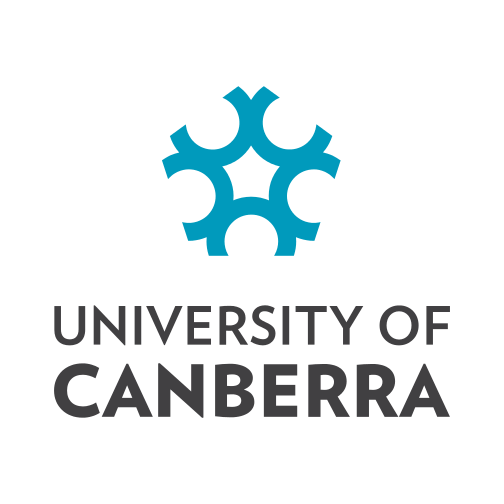About Bachelor of Accounting (MGB001.1)
Make your future career in accounting count
The aim of the Bachelor of Accounting is to produce highly competent, work-ready graduates with an in-depth discipline knowledge, and the technical skills needed to work as socially responsible accounting professionals across the private and public sectors.
Through a mix of theoretical knowledge and interdisciplinary real-world learning experiences, you’ll develop expertise in communication, networking, cross-cultural awareness and teamwork. This will enable you to become an agile professional with diverse employment skills which are transferable across a range of different sectors. You’ll graduate as a critical thinker with solid collaborative experience, and will be qualified to undertake professional study programs with both the Chartered Accountants of Australia and New Zealand and CPA Australia.
Study a Bachelor of Accounting at UC and you will:
- understand the concepts and theories acquired in accounting
- exercise critical thinking skills when dealing with ambiguous and incomplete information
- identify and obtain relevant information for decision making and providing advice to stakeholders from a variety of backgrounds
- utilise discipline-specific technologies to analyse complex problems in a variety of contexts
- communicate clear, coherent and independent knowledge and ideas to a variety of stakeholders, addressing a diverse range of business/commerce problems
- develop the capacity to exercise initiative and professional judgement in an ethically and socially responsible manner.
Work Integrated Learning
The Bachelor of Accounting sees academics and industry working together to develop a range of diverse WIL opportunities for students, including internships, work placements, industry projects, competitions, exhibitions, study tours, virtual real-world learning experiences and more.
The faculty runs an optional three-week ‘pre-internship preparation program’ where students learn essential employment skills and interview techniques. The program culminates in a series of interviews hosted by Canberra-based accounting firms, with successful candidates going on to secure internships. Previous accounting students have undertaken internships and cadetships with organisations including International IDEA, Legal Aid ACT, eChoice, Boyce Chartered Accountants, Maxim Chartered Accountants and Chartered Accountants ANZ (CAANZ).
The degree concludes with a capstone project, which aims to integrate what you’ve learned throughout your degree and prepare you for the transition to either successful future employment or further studies.
Career opportunities
- Accountant
- Accounts officer
- Auditor
- Tax accountant
- Financial accountant
- Management accountant
- Chief financial officer
- Financial analyst
- Financial controller
Course-specific information
This course is accredited by Chartered Accountants Australia and New Zealand (CA ANZ) and CPA Australia. High-achieving students can enrol in the Bachelor of Philosophy (Honours) program.
Professional accreditation
Accredited by CAANZ and CPA Australia. Completion of the 39cp option will enable you to meet the educational requirements of the Tax Practitioners Board in addition to that of CPA and CAANZ.
Admission to this course is based on an entrance rank. A rank can be achieved by the following means:
- Year 12 ATAR
- other Australian Qualification
- work experience
- overseas qualification
We also offer a number of entry initiatives that give you the opportunity to gain entry to the University via alternate pathway programs and admissions schemes.
More information is available on our Alternative Entry page: http://www.canberra.edu.au/future-students/applications/apply-now/alternative-entry
Assumed knowledge
It is recommended that students have Mathematics T/Mathematic Applications (ACT) or Mathematics (NSW) and English (major) (ACT) or English Advanced (NSW), or their equivalents. International students need to meet the English language requirements of the University of Canberra. Students should note the assumed knowledge requirements for individual majors and minors when choosing a program of study.
